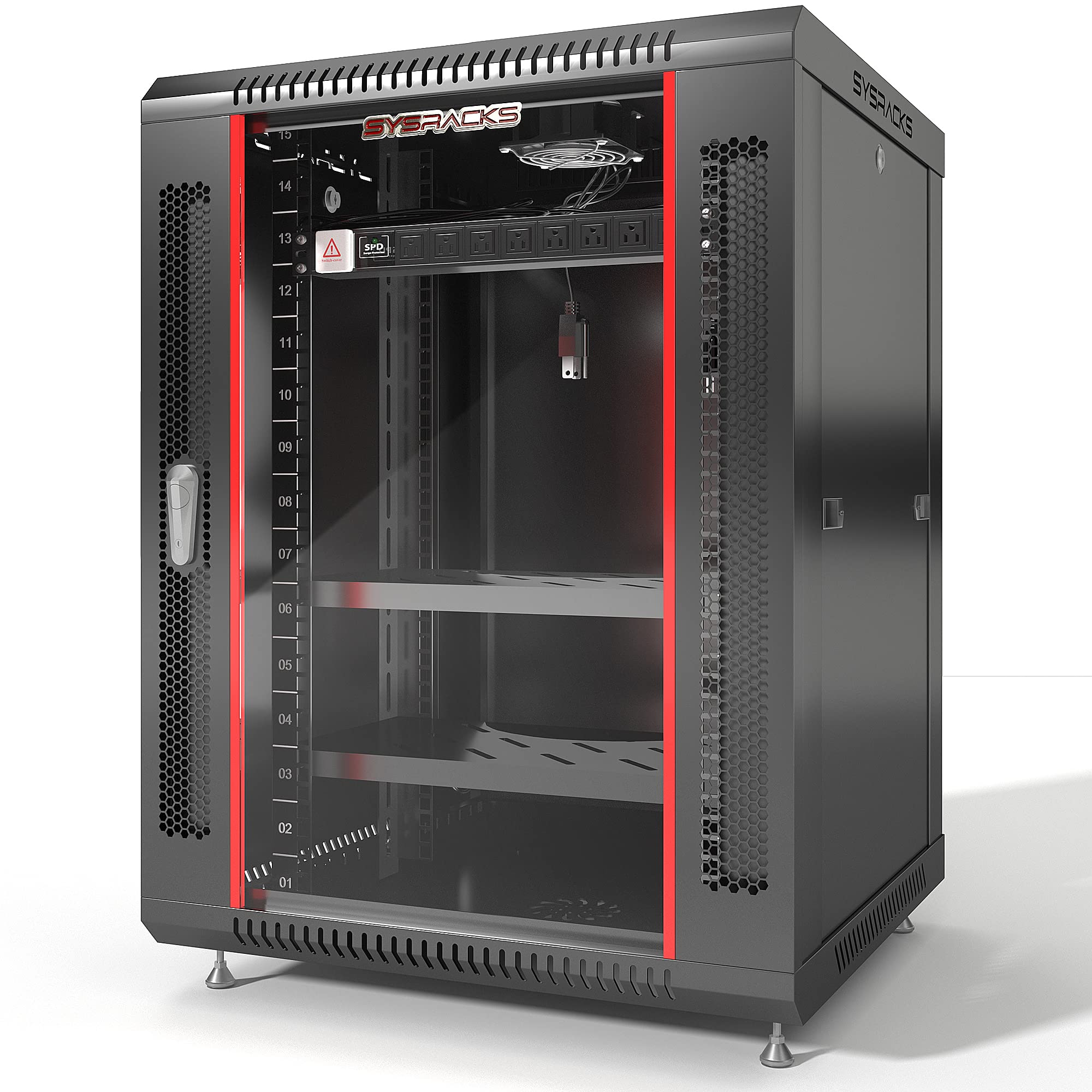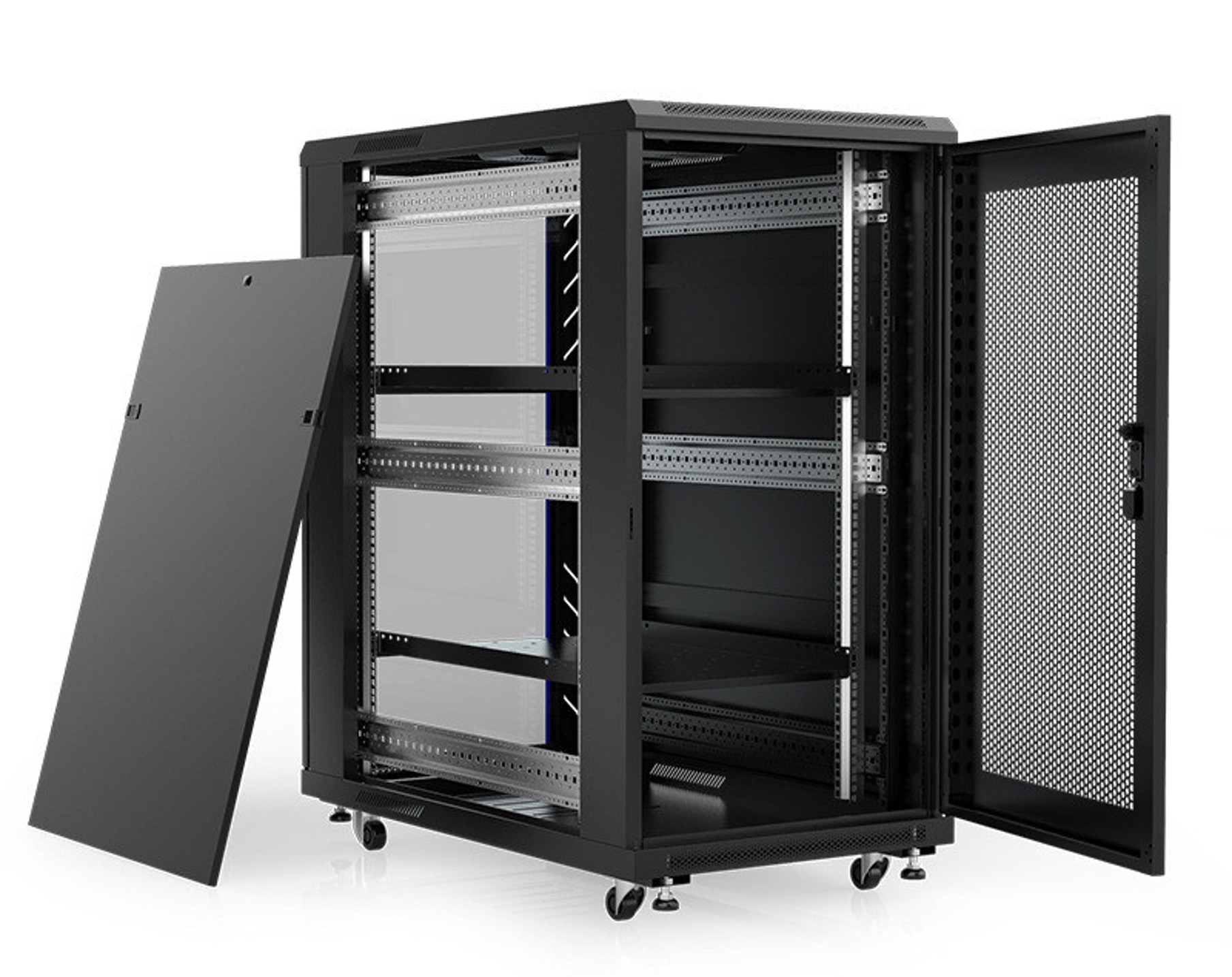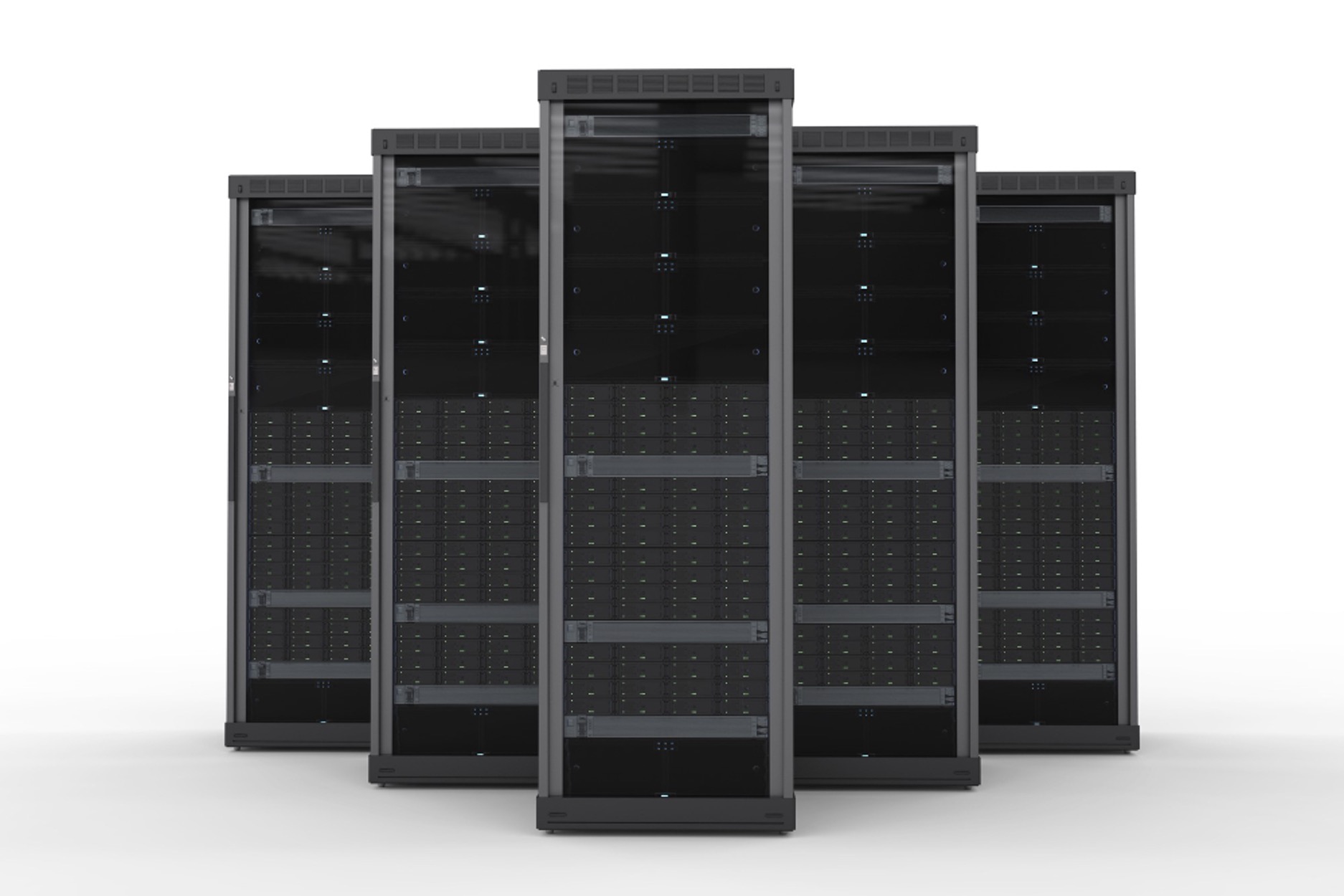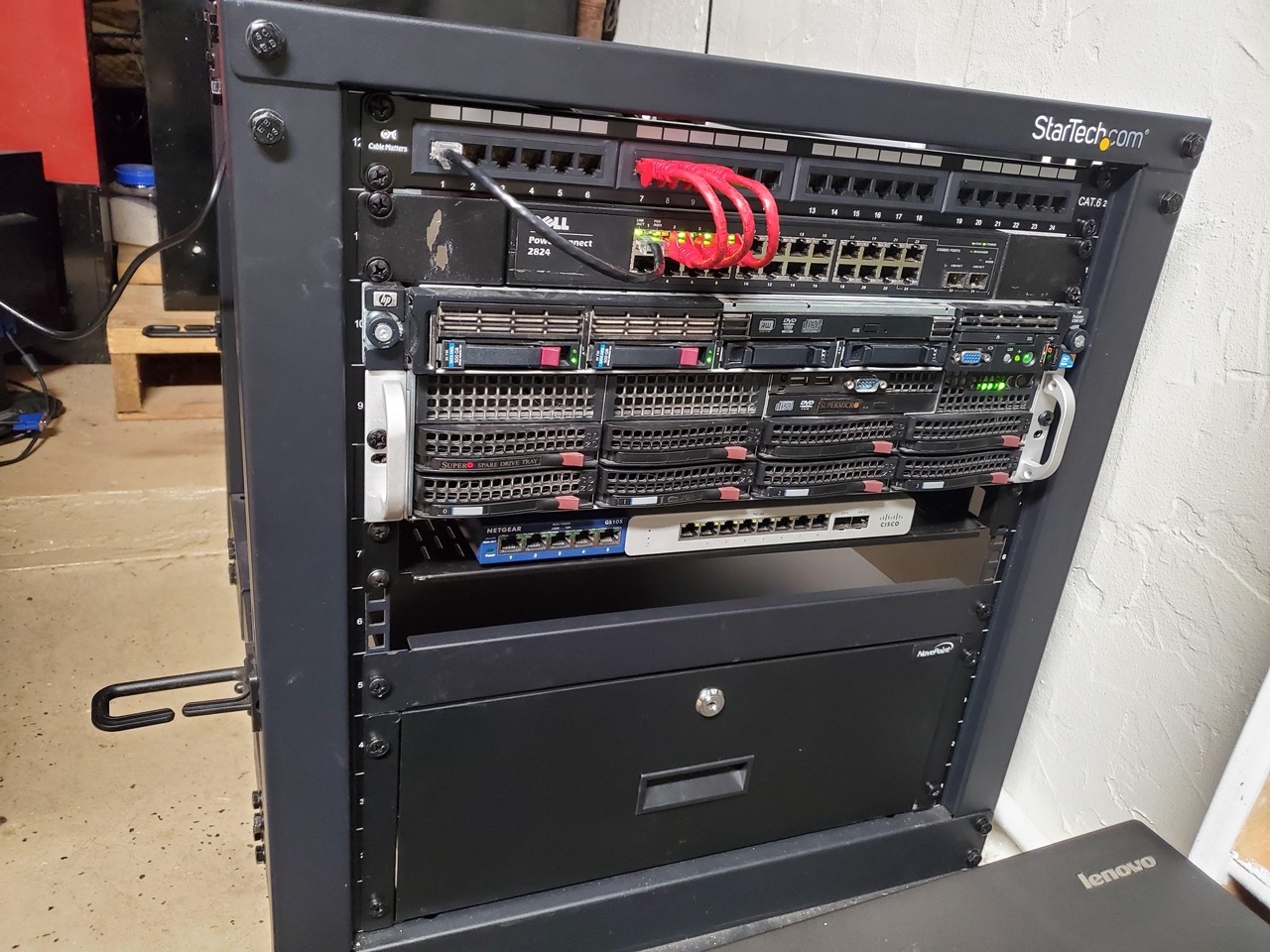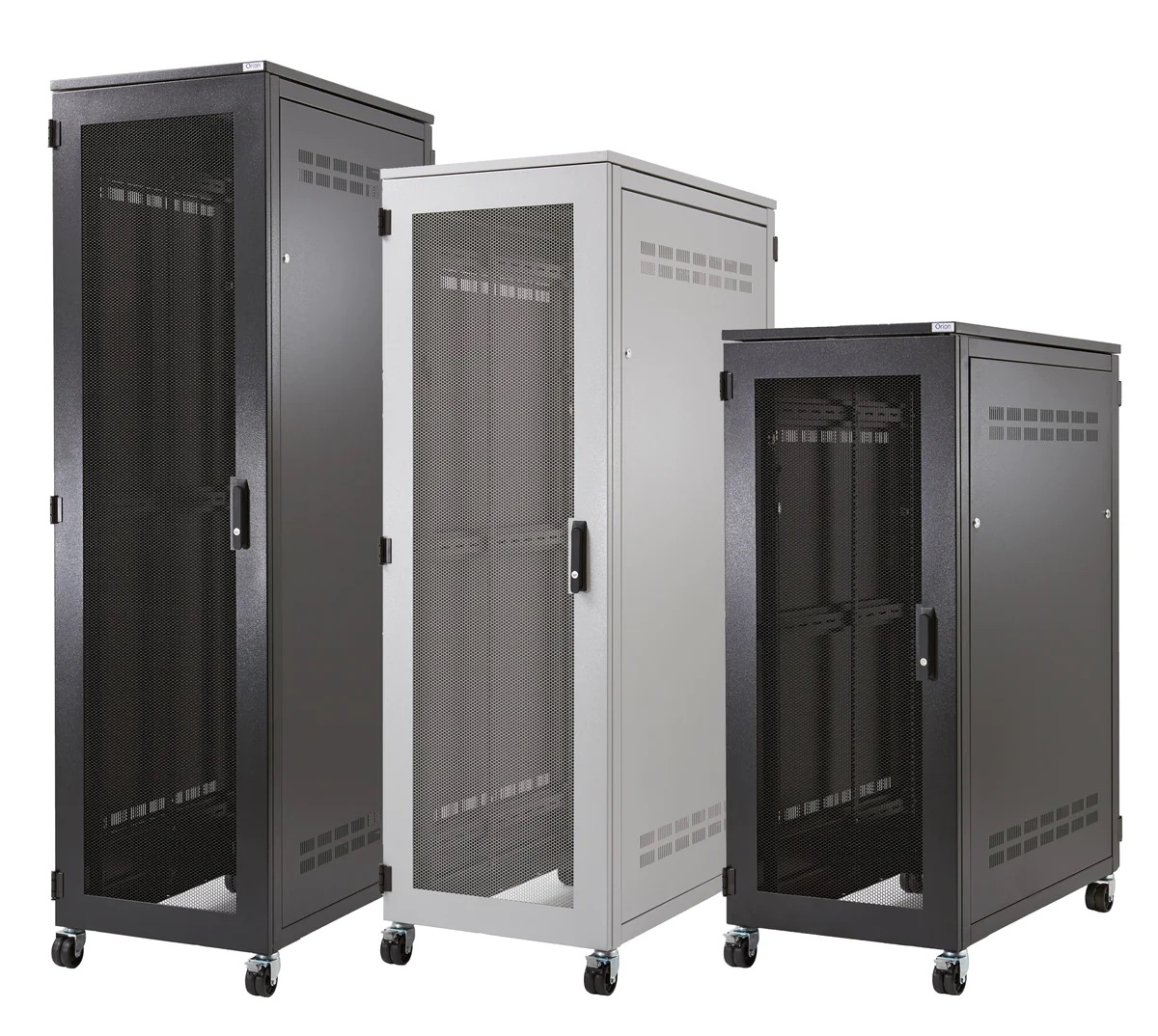Obtaining construction permits can be a daunting task for anyone involved in building or renovating a house. The process often involves significant time, expense, and frustration. However, a glimmer of hope has emerged in the form of PermitFlow, a startup that aims to simplify and streamline the permitting process.
Key Takeaway
PermitFlow, a Y Combinator alum, has secured $31 million in Series A funding to further develop its “end-to-end” workflow and automation software, which is designed to handle all aspects of the construction permitting process.
Revolutionizing the Permitting Process
PermitFlow, likened to a “TurboTax for construction permitting” by its co-founder and CEO Francis Thumpasery, has successfully raised $31 million in Series A funding. This funding, led by Kleiner Perkins, marks a significant milestone for the startup, which previously raised $5.5 million in seed funding.
Empowering General Contractors
The primary focus of PermitFlow is to assist general contractors in navigating the often arduous permitting process. By providing a subscription-based software solution, PermitFlow aims to expedite the issuance of permits and enhance predictability for its customers.
Driving Affordability in Housing
One of PermitFlow’s key objectives is to contribute to the affordability of housing by reducing the time and costs associated with obtaining permits. By streamlining the process, the company aims to make housing development more efficient and cost-effective, ultimately benefiting both builders and consumers.
Future Expansion and Impact
With a strong foothold in California, Florida, and Texas, PermitFlow plans to expand its operations nationally, furthering its mission to revolutionize the construction permitting landscape. The company’s dedication to making housing more affordable has already earned it recognition, including being honored as a 2023 Ivory Prize co-winner in Public Policy and Regulatory Reform.
Seizing Opportunities
PermitFlow’s innovative approach and commitment to simplifying the permitting process have positioned it as a key player in the construction industry. By leveraging technology and automation, the company is poised to transform the traditional, manual processes that have long hindered the construction permitting landscape.










